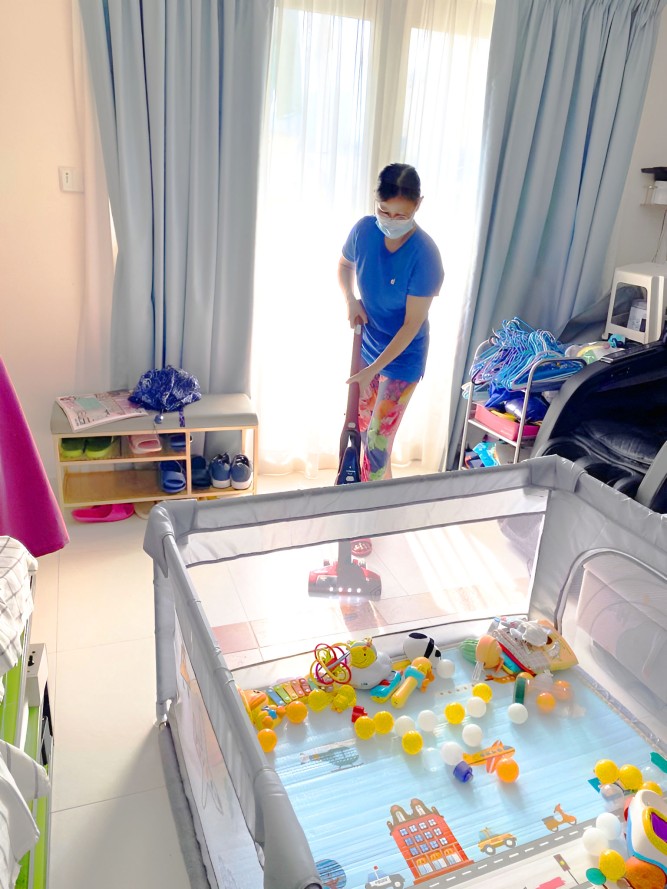Lingnan University study reveals unfair representation of MDW in mistreatment cases in Chinese media

Most Chinese-language media reports concerning migrant domestic workers (MDW) in Hong Kong fail to report their mistreatment factually, independently and critically, and focus on news appeal while neglecting the deeper roots of this important issue, related to power and the interplay of gender, race, ethnicity, and class, according to a recent study by Lingnan University. These news stories distance the community from the sufferings of MDW, reinforcing inequalities, and inhibiting any discussion that might lead to improved policies, practices and awareness.
In order to better understand Chinese-language media representations of MDW in Hong Kong, and their wider significance and effects on societal perceptions of MDW issues, Prof Janet Ho Nga-man, Head of the Department of English, and Prof Andrew Sewell, Associate Professor of the Department of English, embarked on a project analysing MDW mistreatment reports in the Chinese-language media. They read 398 reports published between 2010 and 2019 in three popular Chinese-language newspapers, and examined the discursive representations of perpetrators and victims in the reports. The study placed media discourse within a broader sociological framework in order to highlight its important role, and to stress the inherent intersectionality of MDW issues. The study was supported by the Early Career Scheme of Research Grants Council.
To understand the relationship between issues such as discrimination, power differentials, and mistreatment in their social context, Prof Ho and Prof Sewell employed conceptual tools of social control and structural inequality. Social control refers to the processes, approaches, and resources for imposing order on individuals, so that their behaviour conforms to moral norms and expectations. Structural inequality may occur in the form of exploitation, penetration, fragmentation, and marginalisation.
The study noted that the way MDW mistreatment was framed in Hong Kong’s Chinese-language news reports, and the discursive representation of both perpetrators and victims contributed to community-wide stereotypes about MDW, while maintaining existing relations of employer dominance, as well as social control and structural inequality, which in turn set the stage for continued domestic abuse. In fact, social exclusion and stigmatisation of Filipinos and Indonesians are still common in Hong Kong.
More details of the research results are available HERE.

